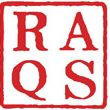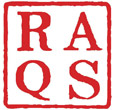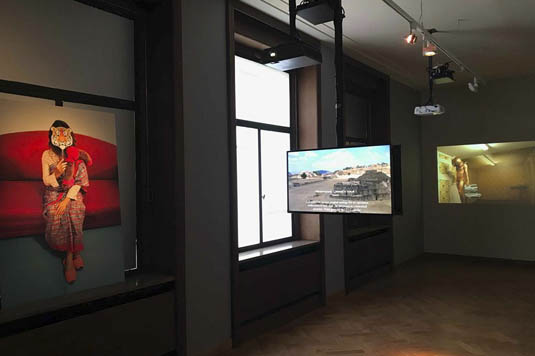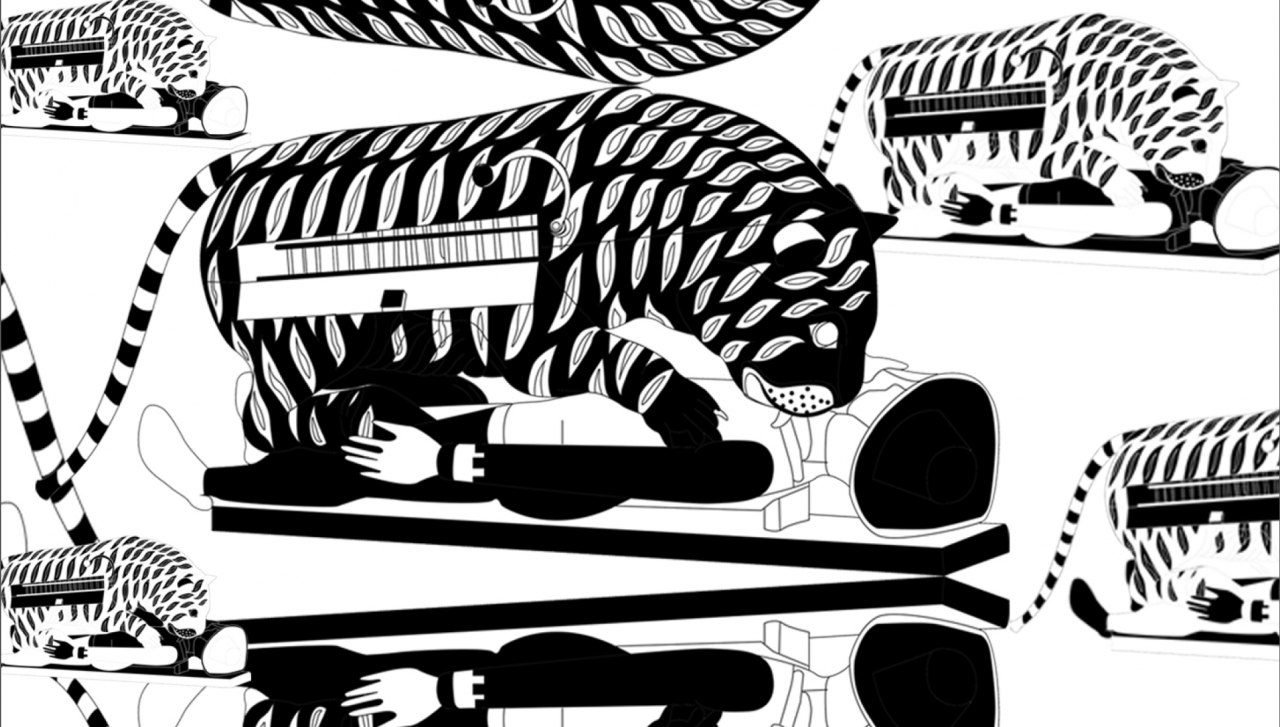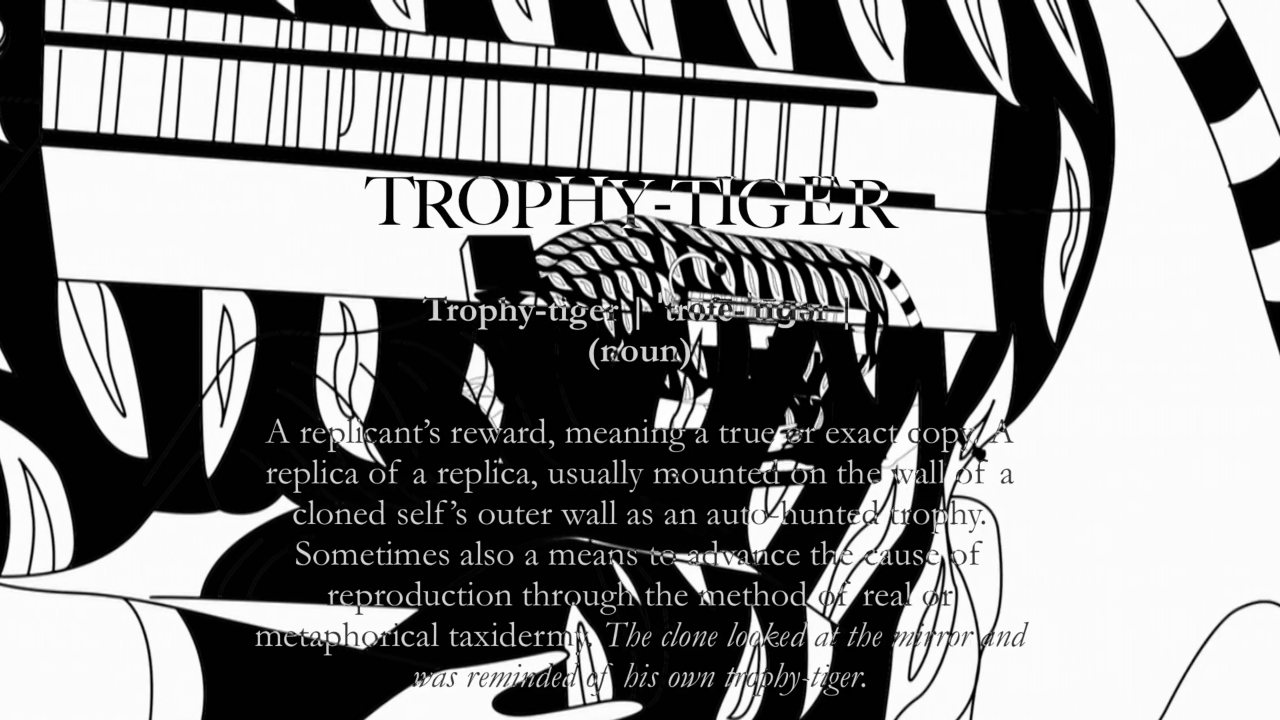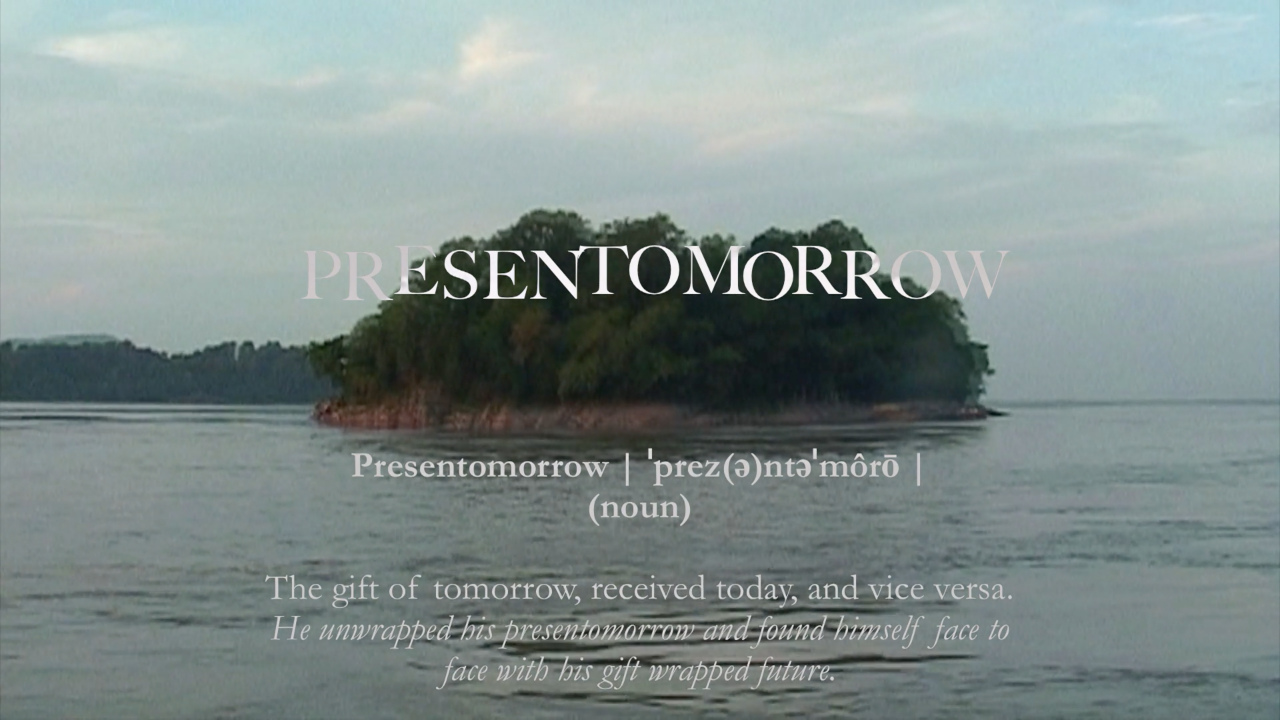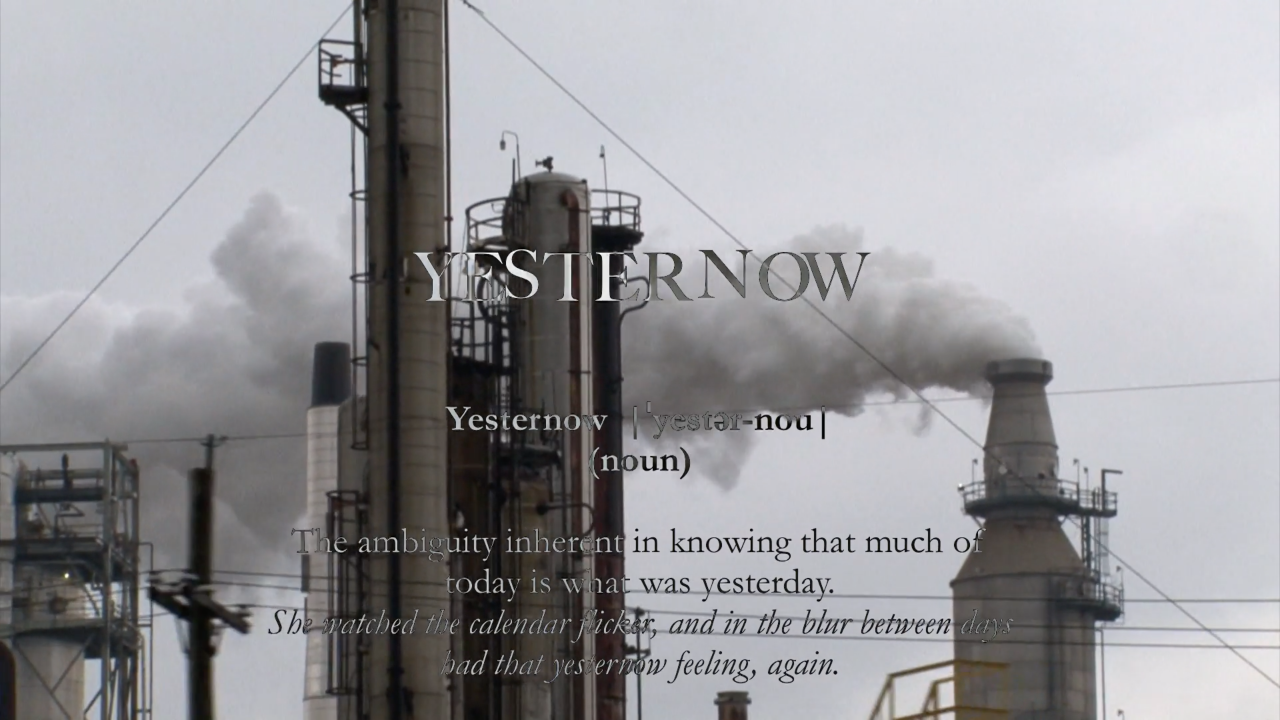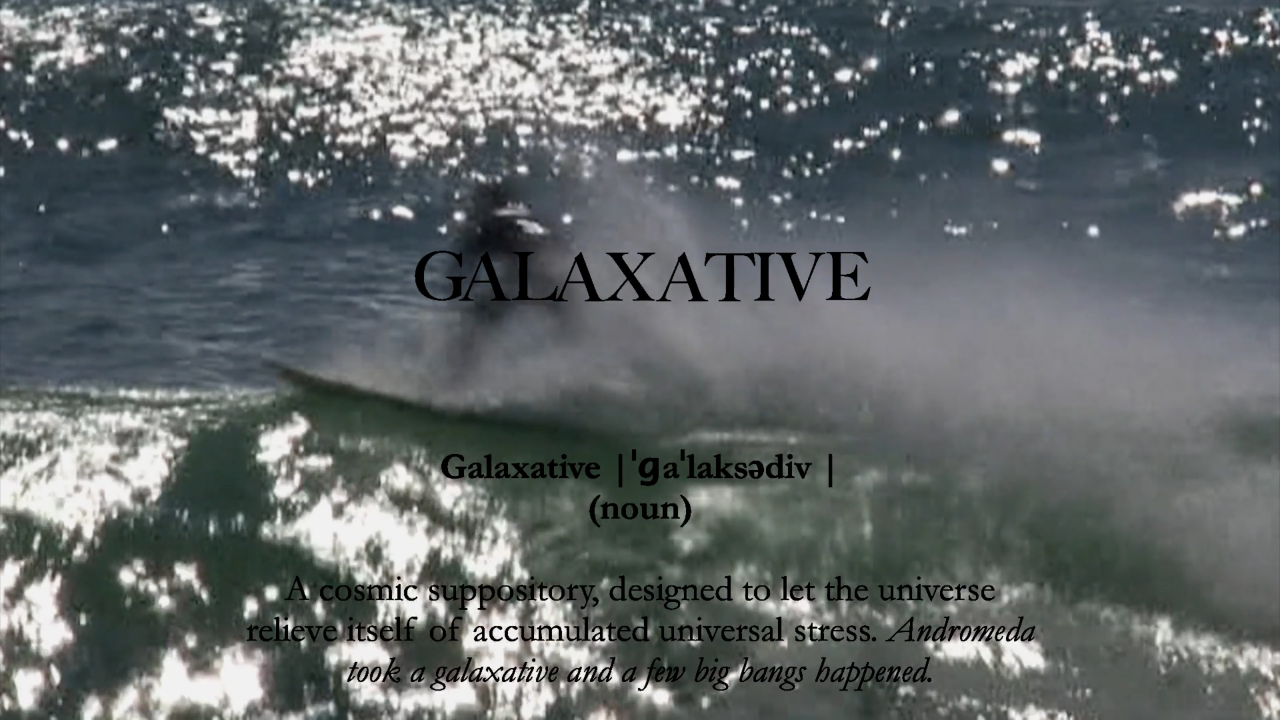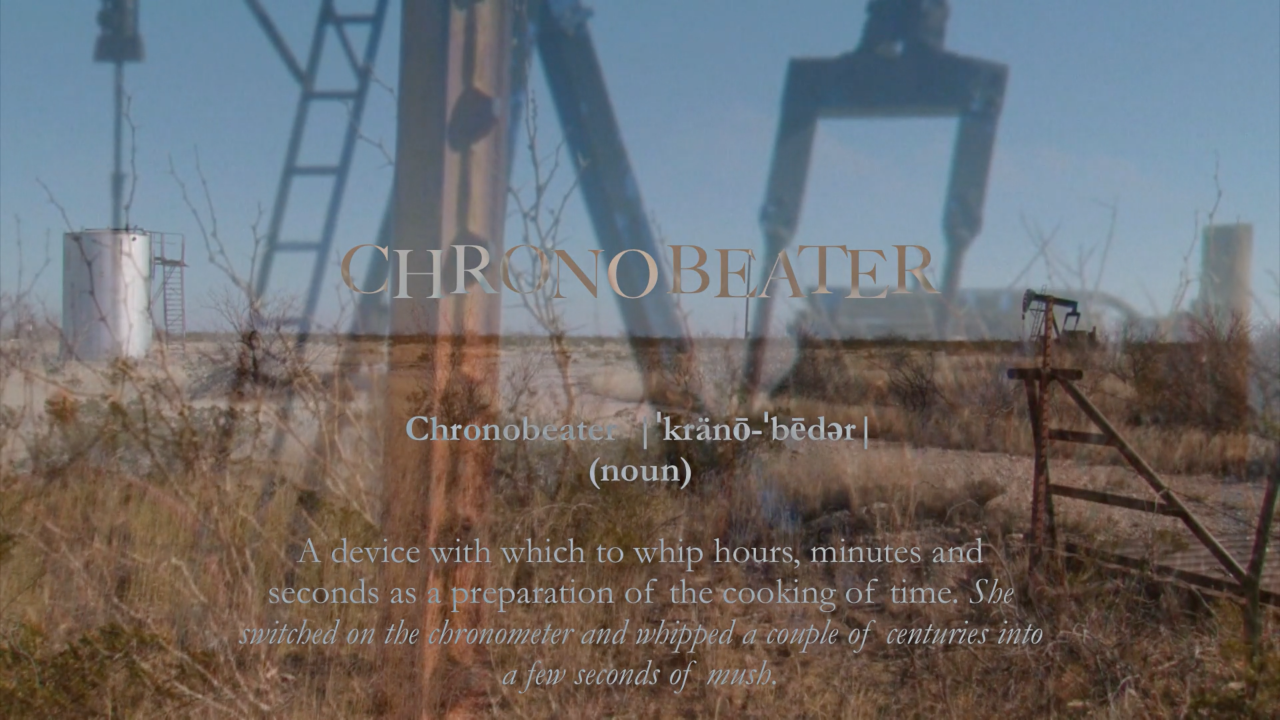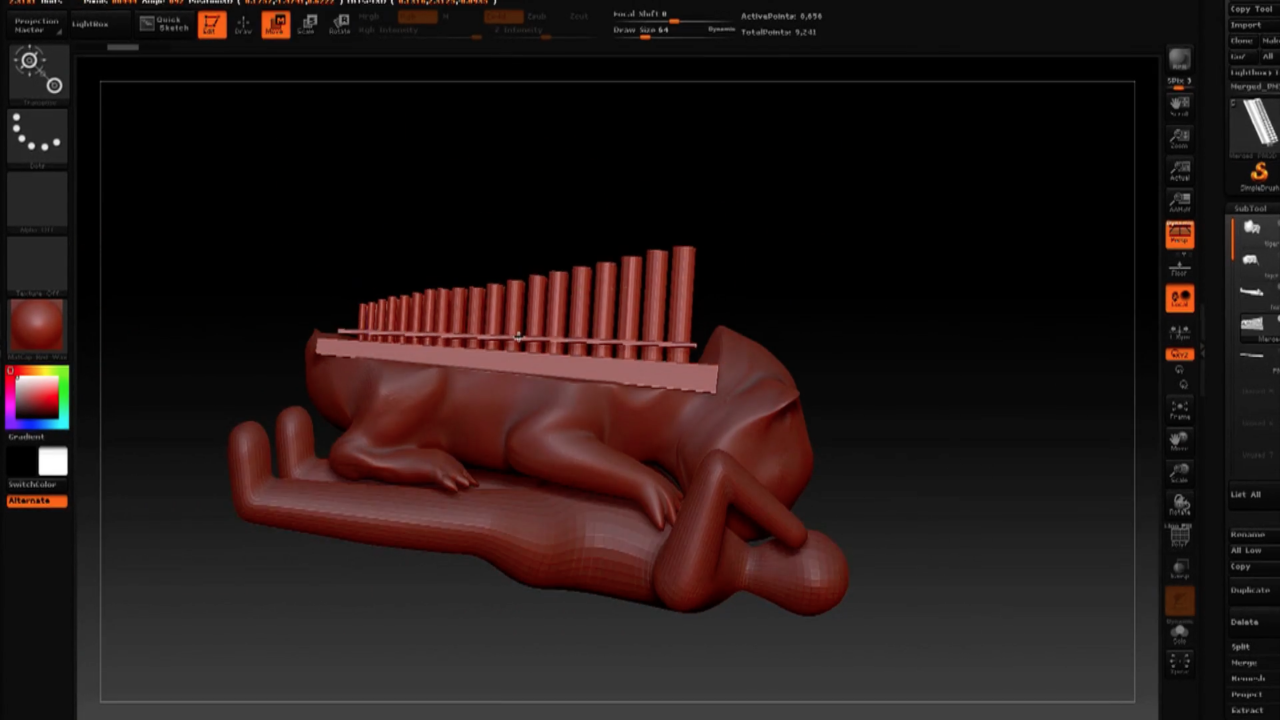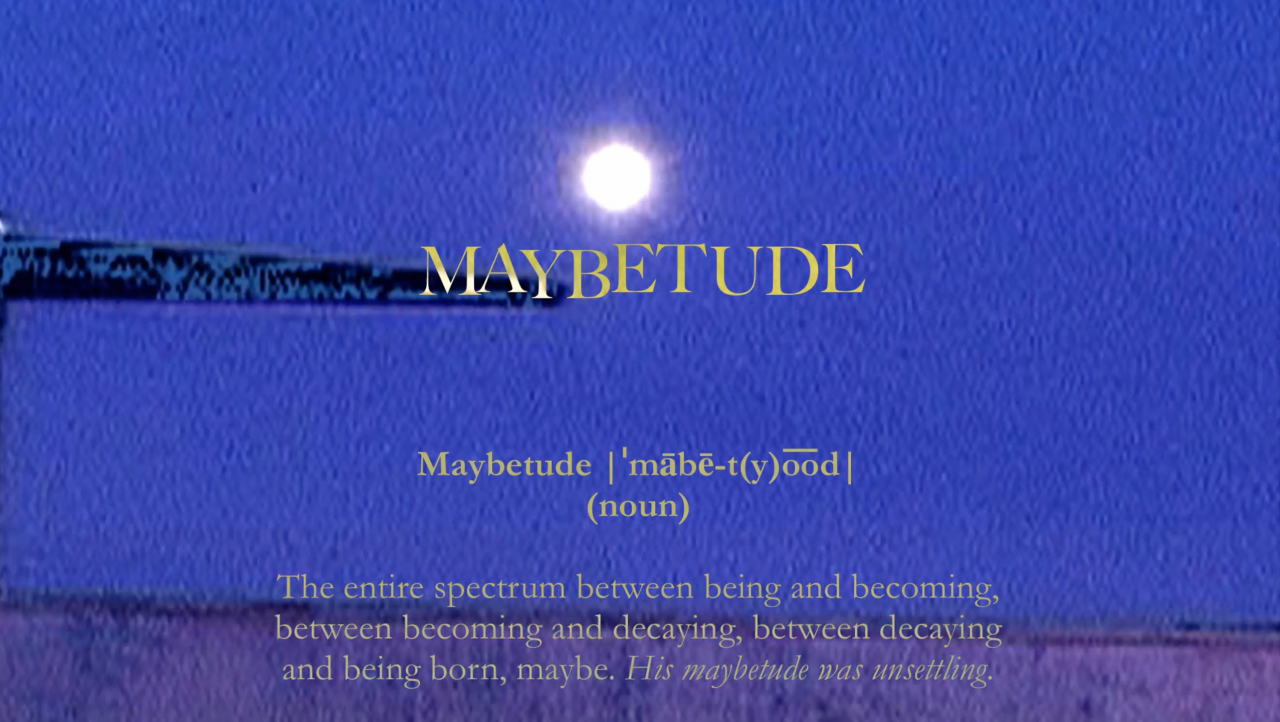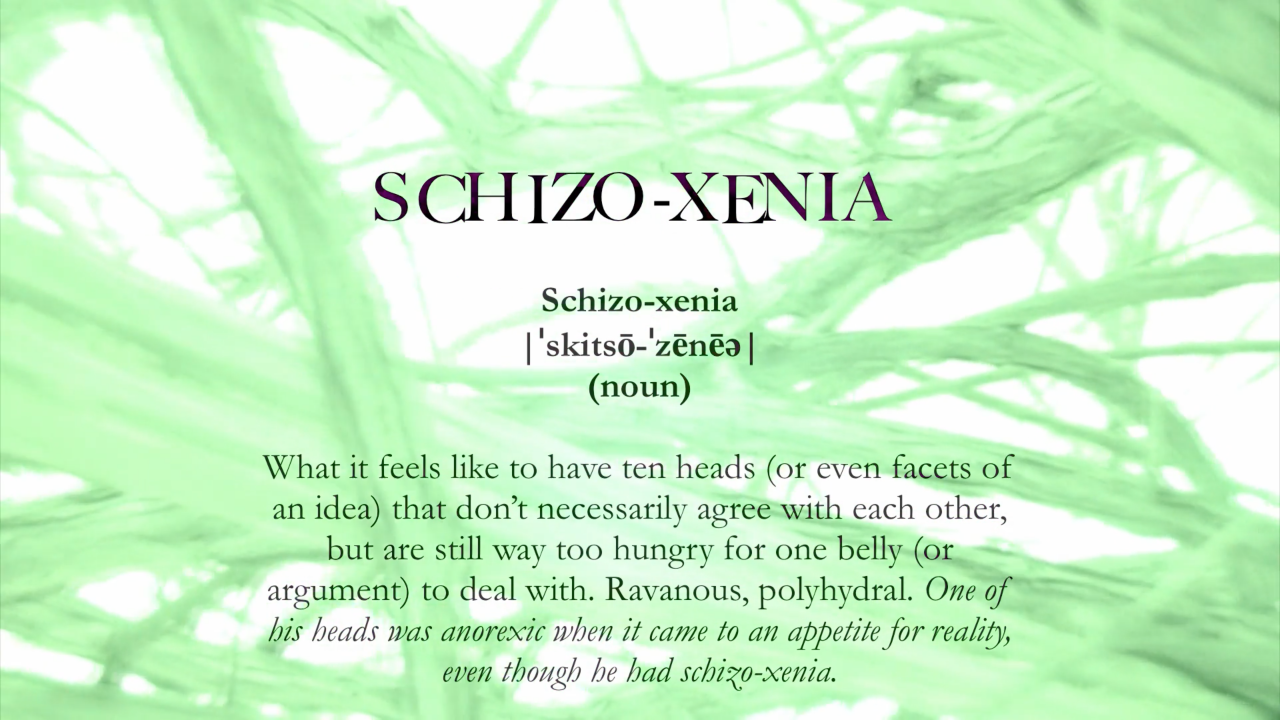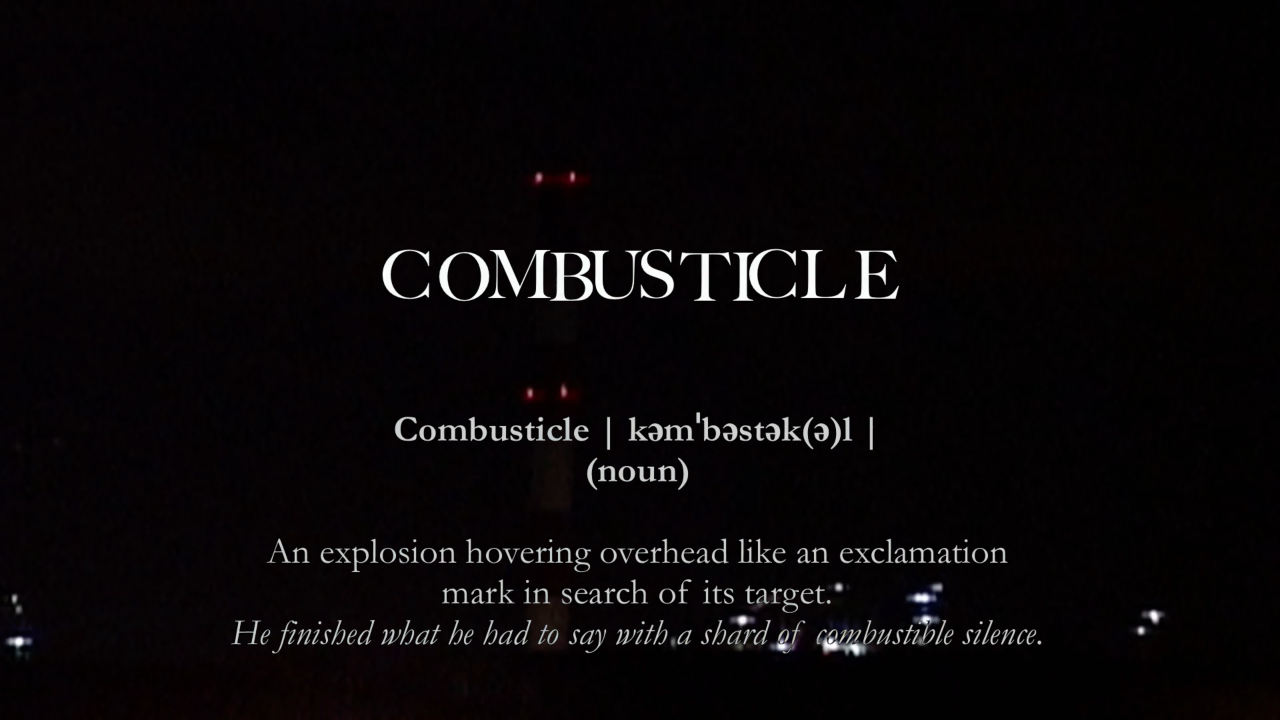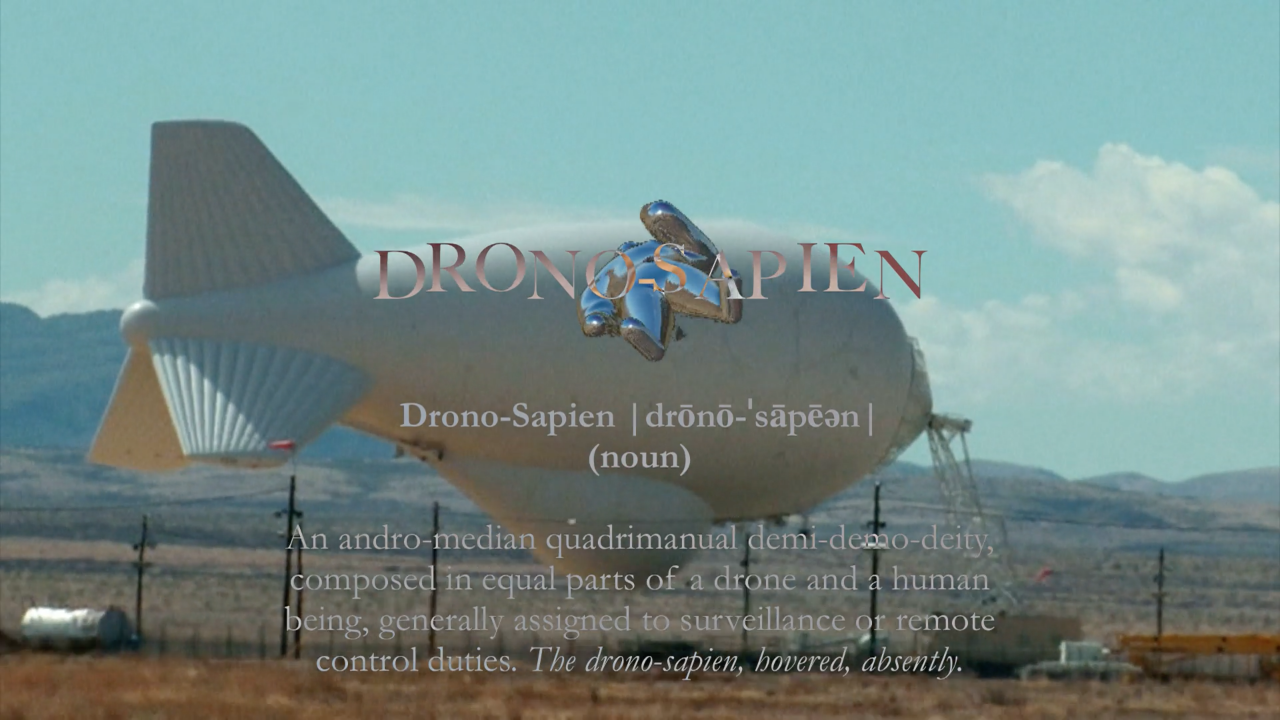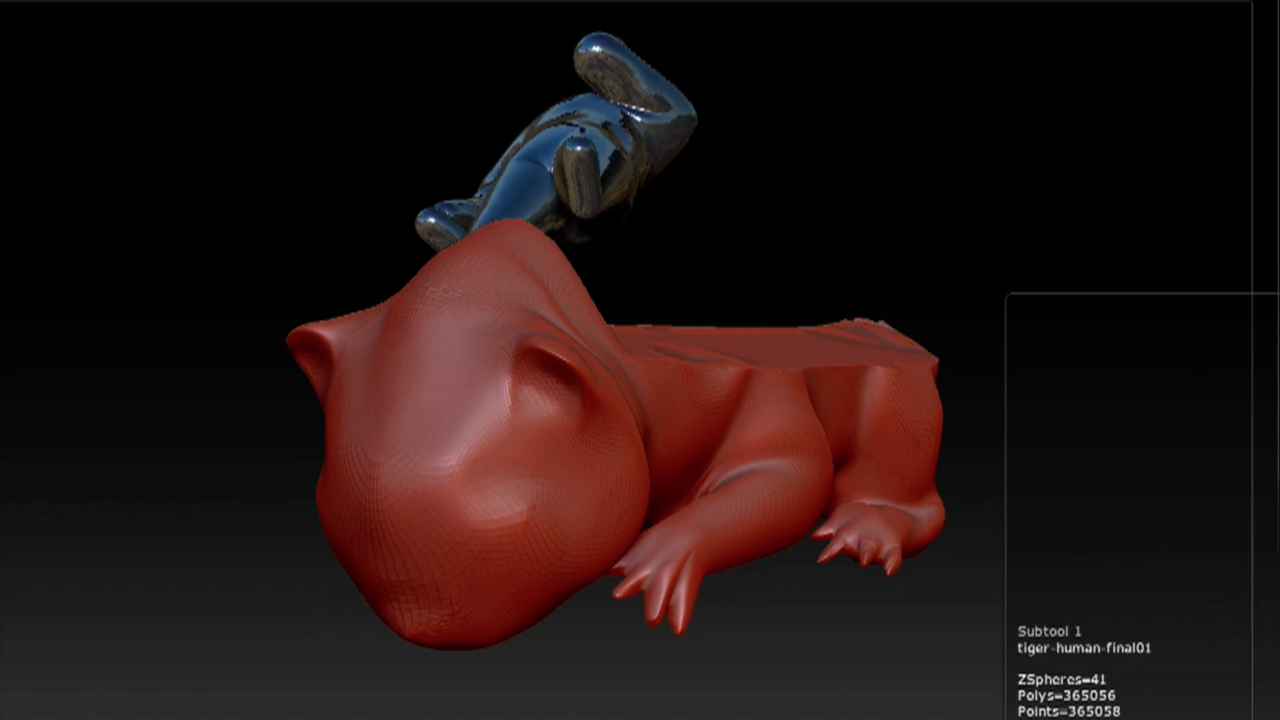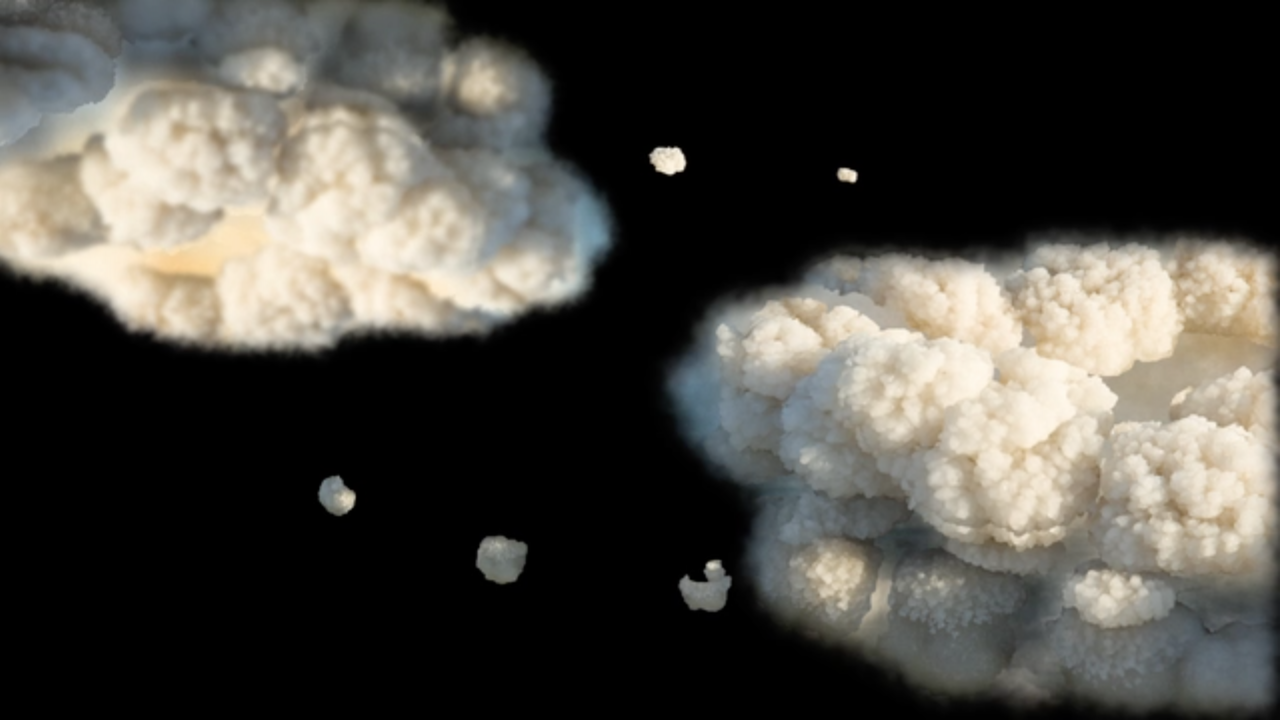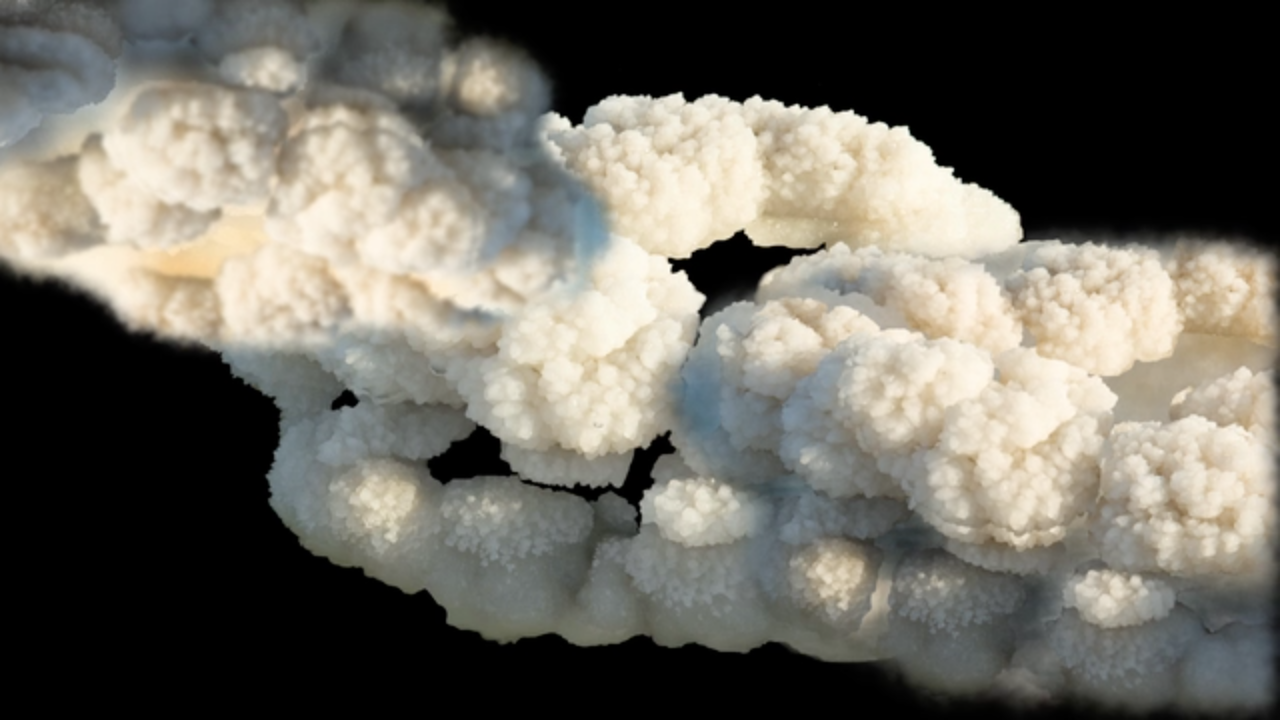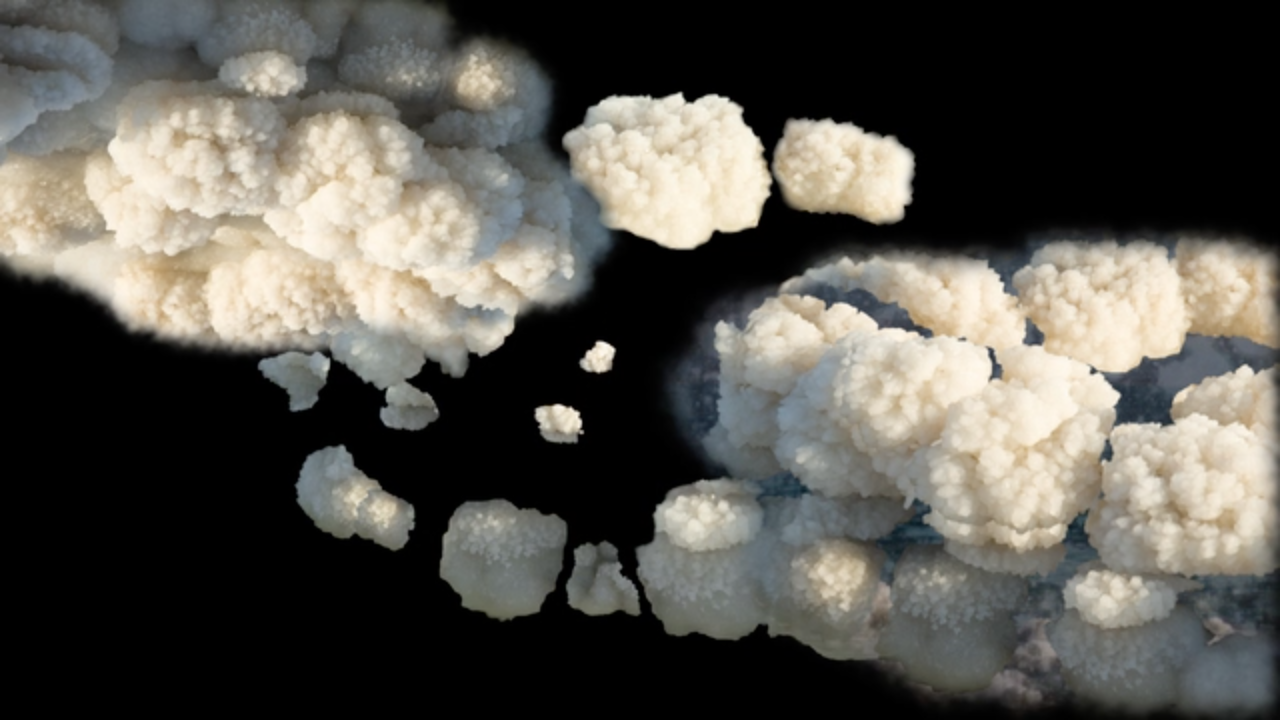Presentomorrow
Exhibited at Mondialité (2017)
Curated by Hans Ulrich Obrist and Asad Raza, Villa Empain, Boghossian Foundation, Brussels
Installation with Video, still Images and Animated Text
Presentomorrow brings together echoes from Raqs’ earlier installations and engages with the writings of Édouard Glissant.
The work reflects on the layered nature of language and thought; how the concepts we rely on daily are shaped by multiple, often distant, sources, much like the many tributaries that feed a river. In this constellation of references, Presentomorrow holds space for the unseen– the weight of forgotten pasts and the pull of futures yet to arrive. Both hover in the present, quietly shaping how we live, speak, and imagine.
It is not desirable that the future be captive to the present, just as it is unthinkable that the present be held hostage by the future. Neither present be held hostage by the future. Neither the arrow, nor the boomerang of time!
-Fragments from a Communist Latento, Raqs Media Collective
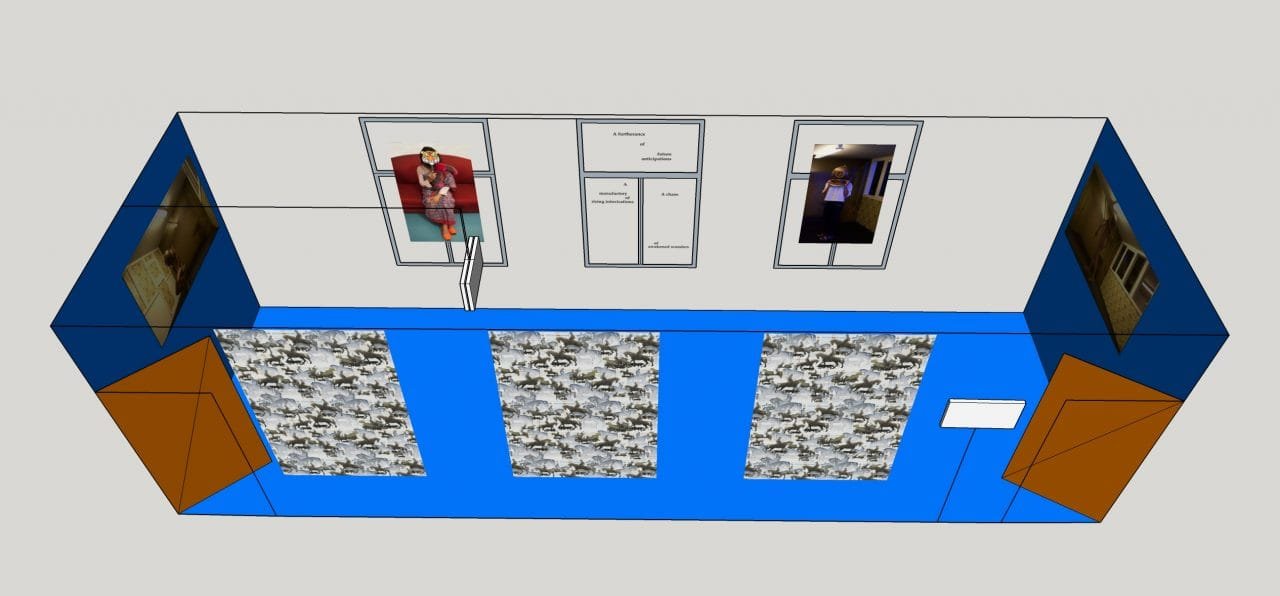
Video Editing: Rajan Singh
2D Animation: Aarushi Surana and Ikroop Sandhu
3D Animation: Shamsher Ali
Acknowledgement : MUAC, Mexico City.
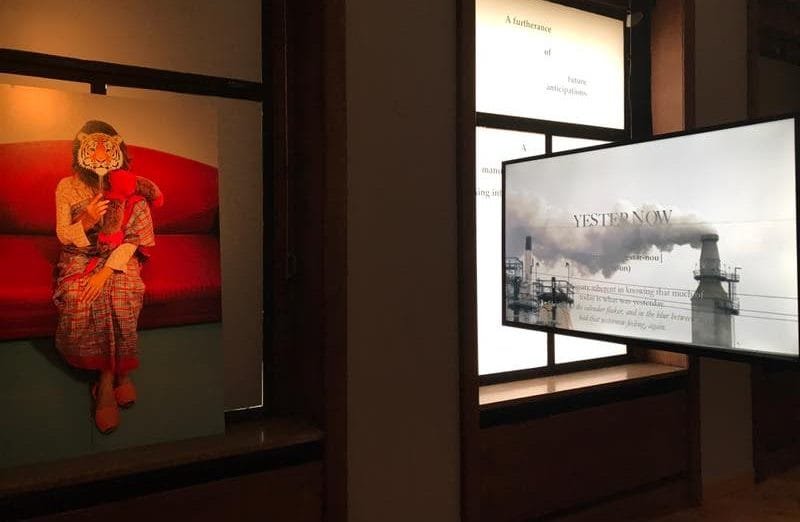
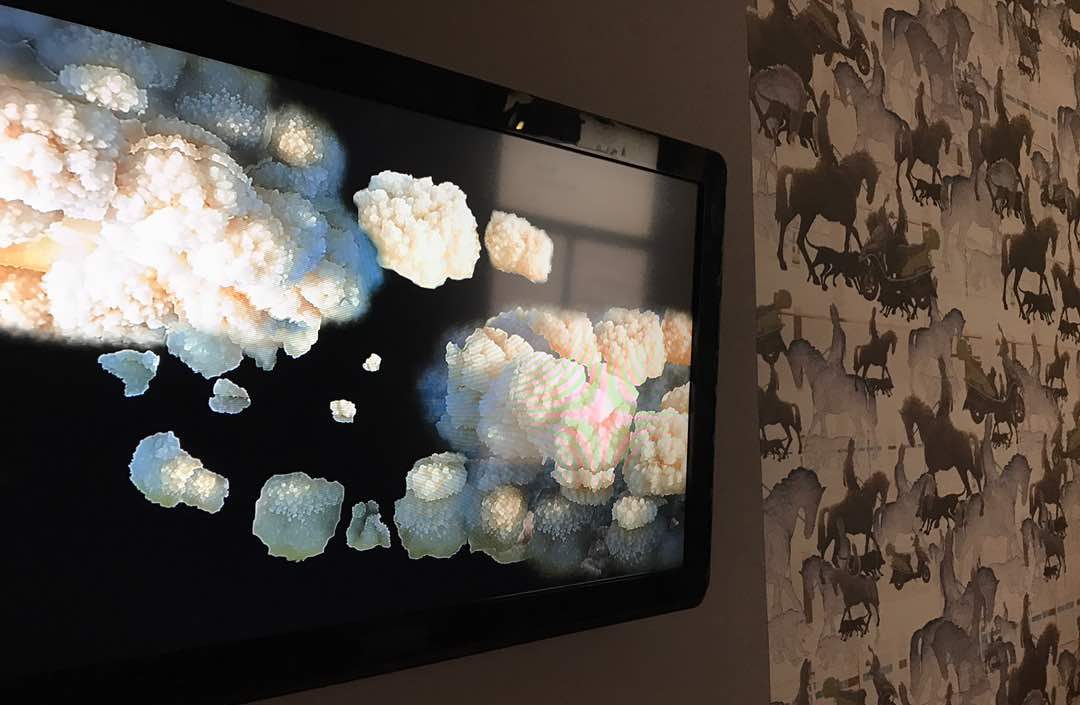
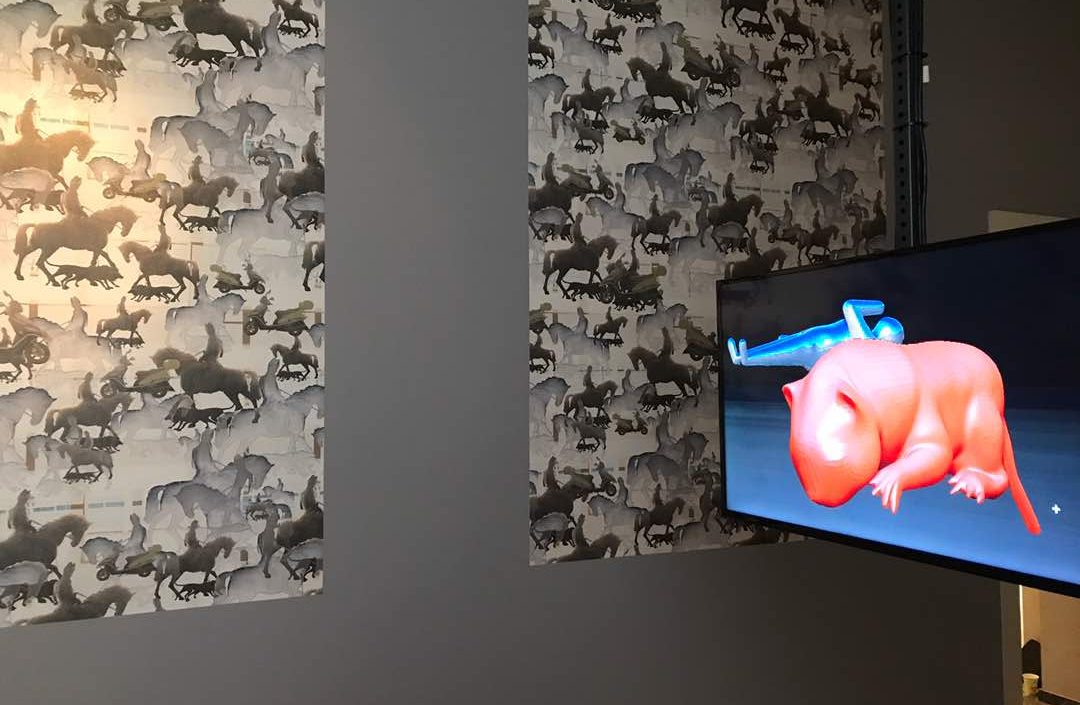

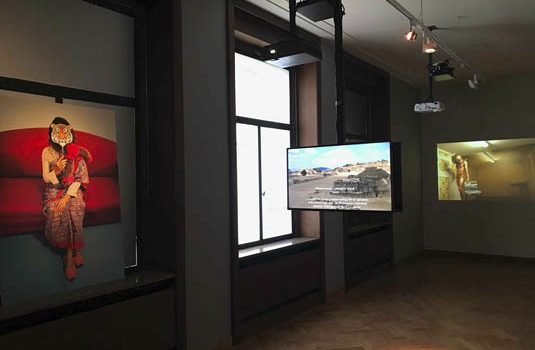
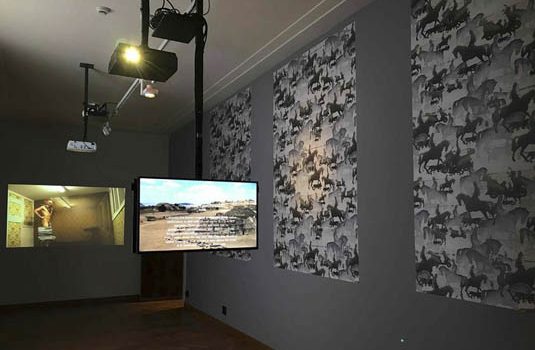
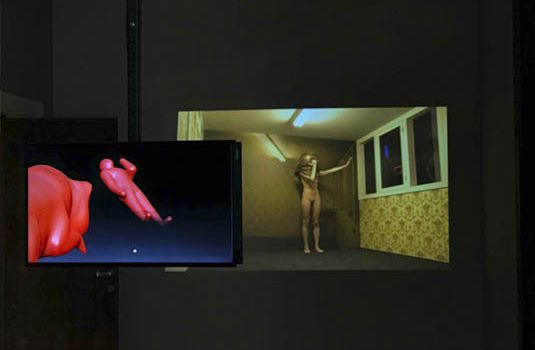
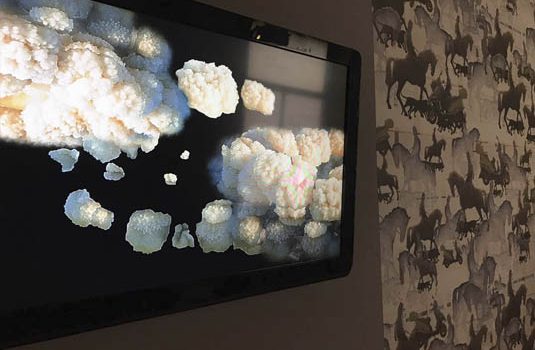
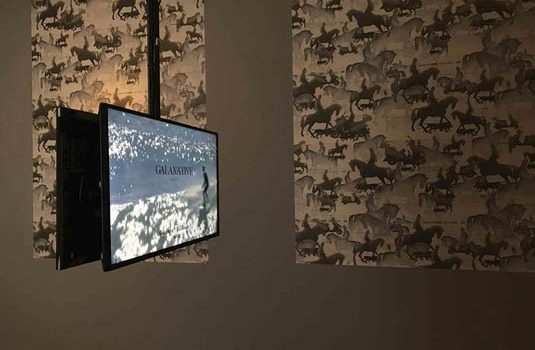



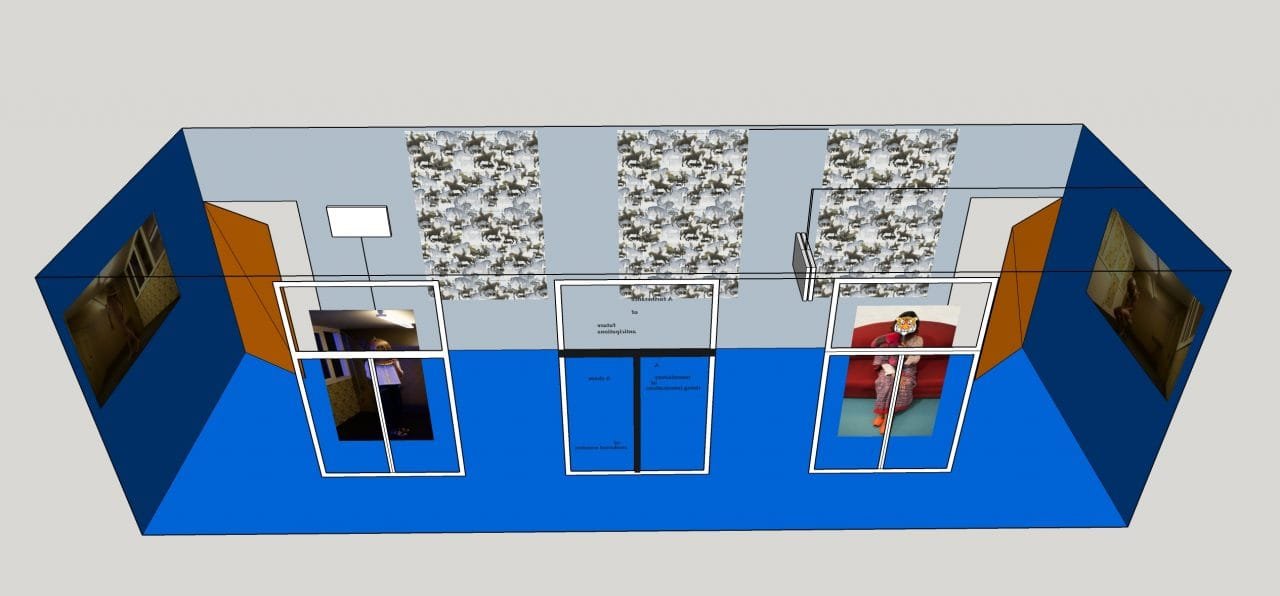
Bloom
Video
Duration, 2’30”
During Raqs’ visit to the Dead Sea, it was the supersonic booms of a squadron of jets circling overhead that set in motion a creative process revolving around the meaning of salt in various cultural and historical contexts and as a philosophical and metaphysical metaphor. The key concept in this study is the notion of sediment in its metaphorical sense as denoting cultural and linguistic stratification. So, for example, salt appears in such linguistic expressions as “the salt of the earth” and the biblical “salt covenant”, or the Hindi expression Namak Haram (“disloyal to salt”), denoting an untrustworthy person. As a valuable mineral, salt carried crucial significance in economic and geographical networks up to the modern age, and therefore also symbolic significance – for instance, in Gandhi’s Salt March.
The preoccupation with salt carries symbolic meanings that cross cultural boundaries but also change dramatically from place to place – and for this reason serves Raqs well for the purpose of exploring the relations between localism and globalism.
The supersonic booms they heard over the Dead Sea reminded the artists that sound travels faster in saltwater than in freshwater because the bulk modulus – the measure of a substance’s resistance to uniform compression – of saltwater is higher than that of freshwater, and thus that supersonic sound exerts enormous pressure on the salt crystals. The same planes that are supposed to protect the sea and its salt, the artists surmised, could potentially harm it, and it is this ironic reversal of roles that lies at the heart of Raqs’ work and relates to their ongoing meditation on the tension between man and nature.
